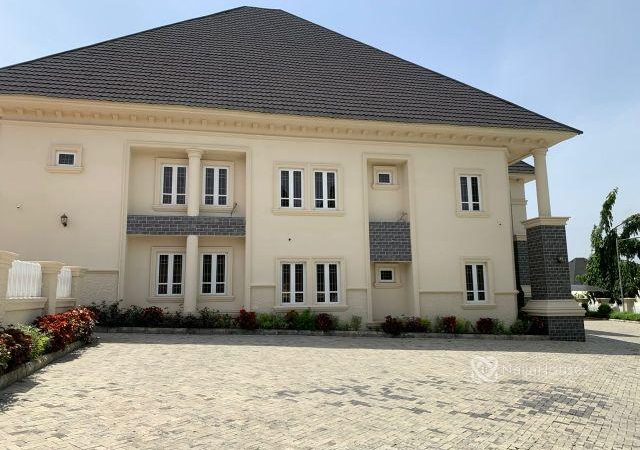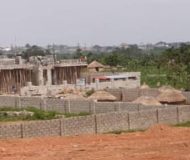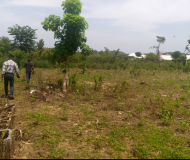
Affordable Housing Initiatives in Abuja: Bridging the Gap for Low-Income Earners
Nigeria’s capital city, Abuja, is noted for its thriving economy and lively urban scene. However, rising urbanization has increased demand for cheap housing, resulting in a housing shortfall for low-income earners. Fortunately, a number of affordable housing programs have evolved to address this critical issue and provide viable housing choices for individuals in need. In this blog article, we will look at some of the notable affordable housing initiatives in Abuja that are helping to bridge the gap and make housing more accessible to low-income people.
Government-Led Housing Projects
The Nigerian government has taken proactive steps to tackle the housing affordability challenge in Abuja. Through agencies like the Federal Housing Authority (FHA) and the Abuja Metropolitan Management Council (AMMC), the government has initiated housing projects that prioritize affordability. These projects aim to provide decent and affordable housing options for low-income individuals and families. With subsidized rates and flexible payment plans, these initiatives have become a lifeline for many aspiring homeowners.
Public-Private Partnerships (PPPs)
In an effort to boost affordable housing development, public-private partnerships have played a crucial role. Private developers collaborate with government entities to create affordable housing projects that cater to low-income earners. These partnerships leverage the expertise of private developers while ensuring that affordability remains a priority. Through PPPs, more affordable housing units are being built, offering an improved quality of life to those previously struggling to find suitable accommodation.
Social housing programs have been implemented to cater specifically to the needs of vulnerable and marginalized populations in Abuja. These programs provide housing support to low-income earners, including civil servants, artisans, and other informal sector workers. By offering affordable rent or rent-to-own options, social housing programs aim to uplift communities and reduce homelessness.
Microfinance Schemes
Financial institutions and microfinance banks have introduced housing loan products tailored to suit the financial capabilities of low-income earners. These schemes offer flexible terms, low-interest rates, and extended repayment periods, making it easier for individuals with limited incomes to afford housing loans. Microfinance initiatives have empowered many aspiring homeowners who were previously excluded from traditional banking systems.
Mass Housing Estates
Mass housing estates have emerged as a cost-effective solution to address the growing demand for affordable housing in Abuja. These estates comprise a large number of housing units built on a larger scale, significantly reducing construction costs per unit. These developments are strategically located on the outskirts of the city, providing affordable housing options while easing the pressure on the city’s central areas.
Affordable housing initiatives in Abuja have been instrumental in bridging the gap for low-income earners and providing them with an opportunity to realize their dream of owning a home. The collaborative efforts of the government, private sector, and financial institutions have resulted in a range of affordable housing options, enabling individuals and families with modest incomes to find safe and secure housing solutions.
As Abuja continues to grow and evolve, the importance of these initiatives cannot be overstated. By fostering a sense of community and stability, affordable housing developments contribute not only to individual well-being but also to the overall socio-economic growth of the city. With a commitment to innovative solutions and continued support from various stakeholders, the future of affordable housing in Abuja looks promising, promising a brighter and more inclusive future for all its residents.





